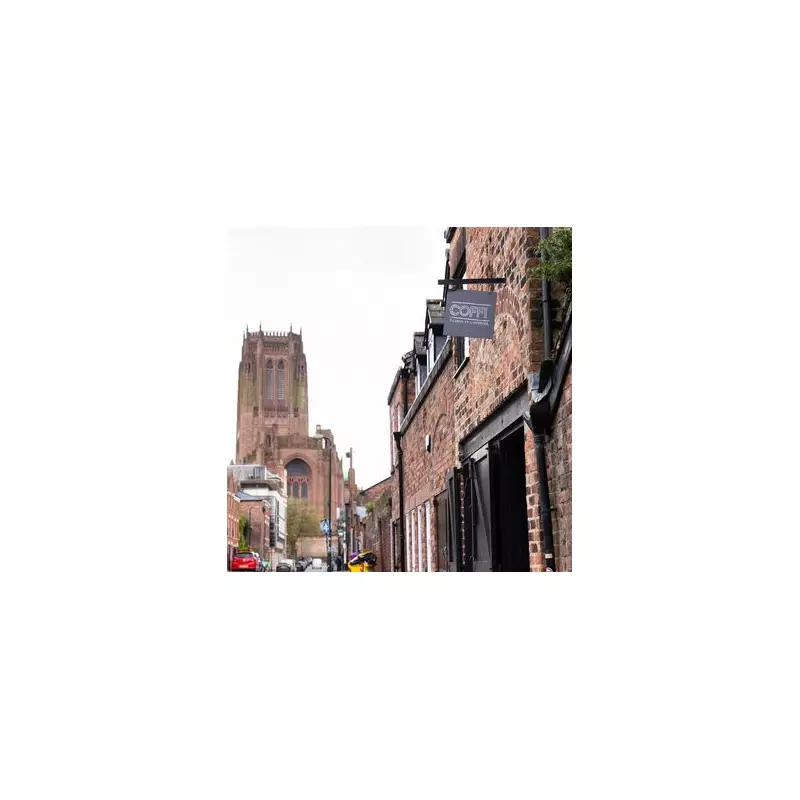
A straightforward policy at a Central London cafe has detonated a fiery national debate about remote work culture, customer entitlement, and the delicate economics of running a small business in the capital.
The incident, which quickly went viral on social media, began when a customer at the cafe was asked to put her laptop away during the busy lunch service. The establishment has a clear, posted policy restricting laptop use between noon and 2 pm to ensure tables are free for diners.
The Cafe's Defence: "We Are Not A Library"
In a firm statement, the cafe's management stood by their decision. They argued that the rise of remote workers camping out for hours over a single coffee is unsustainable for their business model. Their primary goal is to serve food to customers, not provide a free co-working space.
"The policy is about turnover," a representative might say. "Empty tables occupied by laptops represent lost revenue from lunch guests. We must prioritise customers who are here to eat, especially during our busiest and most profitable period."
Public Reaction: A Nation Divided
The public response has been sharply polarised, reflecting a deeper societal split:
- The Supporters: Many applaud the cafe, citing the frustration of seeing crowded cafes with unavailable tables. They argue remote workers should use dedicated spaces and support businesses by purchasing more than just a single drink.
- The Opponents: Critics label the move as hostile and short-sighted. They feel cafes benefit from the atmosphere created by remote workers and that such bans alienate a loyal customer base that uses the space throughout the day.
Broader Implications for the UK's High Streets
This clash is more than an isolated customer service dispute; it's a microcosm of a post-pandemic Britain. As hybrid work becomes the norm, the relationship between city centre businesses and the people who use them is being radically renegotiated.
Cafes, pubs, and retailers are caught in a difficult balancing act: how to welcome the all-day digital nomad without compromising the service and turnover provided by traditional patrons. This London cafe's bold stance may well be a sign of things to come on high streets across the UK.





